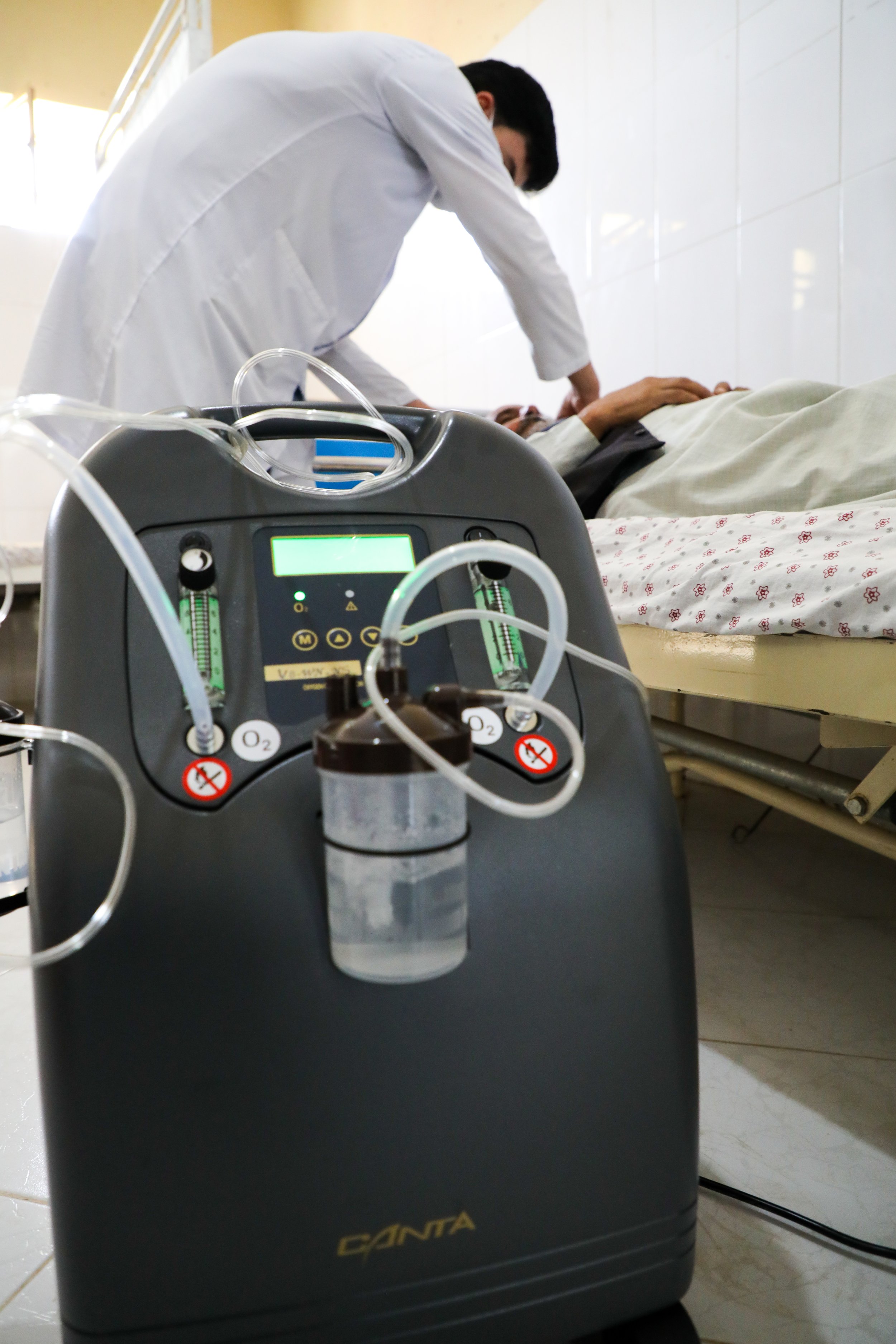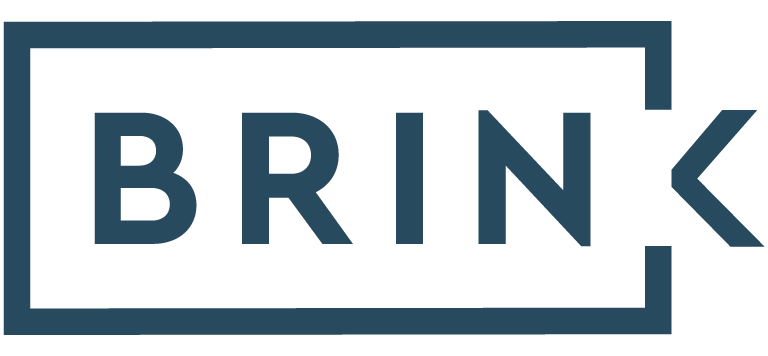Help get life-saving oxygen into poor, rural and otherwise marginalised populations
Join the UK Foreign Commonwealth and Development Office in funding the Oxygen CoLab
The problem
More than 700,000 babies and young children die prematurely every year from pneumonia, due to a lack of access to oxygen.
Almost all of these deaths are preventable.
We also know that, in low and middle income countries (LMIC's), most seriously ill newborns, children and adults do not have access to the oxygen that could prevent brain injury or save their lives. Over a decade ago researchers found that improving access to oxygen and pulse oximetry can result in a 35% reduction in childhood pneumonia mortality.
The COVID-19 pandemic revealed that not much has changed in the past ten years. It was in “small health facilities serving poor, rural, and otherwise marginalised populations” that the “worst of oxygen-related disruptions and excess mortality” occurred.
We cannot lose any more time.


We believe in a world where deaths due to a lack of oxygen are a thing of the past
Established oxygen delivery systems like liquid oxygen and large scale oxygen generating plants (pressure swing adsorption or PSA plants) require big infrastructure implementation in centralised locations. These delivery systems are receiving a huge amount of focus with significant amounts of money invested. They provide much needed medical oxygen in cities and well connected towns but they can’t effectively reach the 57% of the population that live in rural areas.
That’s 1.92 billion people.
Current oxygen delivery mechanisms fail to reach the 57% of people who live in remote settings in LMICs
This is where the oxygen concentrator can hold its own, as a relatively small and mobile device which provide 24/7 medical grade oxygen pulled straight from the air and administered directly to patients. They were designed for individual use in well protected home care settings in the Global North. The use case is different in remote rural settings in LMIC’s, they are used across multiple acutely unwell patients in dusty and humid conditions often with poor quality power supply. As a result these devices all too often end up in equipment graveyards. With innovation to help them manage dust and humidity, wrap-around maintenance, education and support, and appropriate pathways of care, they save lives. Importantly, as countries' infrastructure and markets mature, oxygen concentrators will play an increasingly important and financially sustainable role in home care.
The oxygen concentrator has a long term future and is worth investing in.


Accelerating access to oxygen in low-resource-settings requires a coordinated, systemic effort
The Oxygen CoLab has spent two years fostering unprecedented collaboration across the oxygen ecosystem. We have worked with many partners including CPHD, CREATIVenergie, FREO2, OLI, UNICEF, Sanrai, Social Finance, Spark Health Design and Philips over the last two years and together we have built an understanding of the problem and solution space.
Meeting this challenge will require intentional partnerships, activity and investment at multiple levels. In this complex and uncertain environment, no single intervention will provide the solution.
The Oxygen CoLab have worked with CPHD, CREATIVenergie, FREO2, OLI, UNICEF, Sanrai, Social Finance, Spark Health Design and Philips over the last two years. We have fostered unprecedented collaboration between typically siloed oxygen actors. Together we have built an understanding of the problem and solution space and gained an understanding of the requirements for market traction. Read more here.
To make a significant and sustained contribution to solving these challenges, we need a mix of interventions: that go beyond experimenting with technology, and that are supported by partners from across the system. This system can be described through 6P’s; People, Provision, Place, Policy, Practices and Product. We invite you to explore these P’s and imagine how you could contribute through new partnerships and funds.
We can create change across six systemic factors
To make a significant and sustained contribution to solving these challenges we need a mix of interventions that go beyond experimenting with technology, and that are supported by partners from across the system.
This system can be described through six systemic factors. We call them the 6P’s: People, Provision, Place, Policy, Practices and Product.
-
A future where all people are served by resilient community health systems and expect access to oxygen
Investment in training health professionals to diagnose and treat conditions requiring oxygen
Support public health messaging to enable people to seek the appropriate help
Create new jobs and invest in communities to improve livelihoods through new social enterprises or in country manufacturing
-
A future where funding streams allow local services to provide sustained access to oxygen with no reliance on donor funding
Understand the total cost of oxygen provision
Influence health budget allocations by proving a willingness to pay for oxygen
Drive the market through innovative financial instruments and pull incentives
Test ‘oxygen as a service’ business models to fully understand the affordability, profitability and the long term financial sustainability of providing oxygen in remote settings
-
A future where tools exist to inform context based decision making about the best delivery mechanisms for oxygen
Understand the oxygen needs across different country contexts
Describe the best use cases for the oxygen concentrator for each context
Articulate the most appropriate fit for the oxygen concentrator alongside other oxygen delivery mechanisms
-
A future where the oxygen concentrator is a respected part of the oxygen ecosystem, health policy supports pathways of care in community settings and there are laws clearly outlining every person's right to oxygen access
Provide robust evidence for governments to make procurement decisions and create care pathways which include the oxygen concentrator in remote settings
Support global conversations with international bodies to advocate, test and model the creation of policies, guidelines and laws enabling access to oxygen in primary health care
-
A future where powerful partnerships have formed to accelerate progress. There are strong coalitions across innovators, manufacturers, funders and policy makers able to disrupt business as usual
Change the dialogue around access to oxygen in primary health care, and the contribution of the oxygen concentrator
Model transformative collaboration by building learning networks
Shift procurement behaviour away from pure capital expenditure, building in the need to cover operational costs
-
A future where new resilient oxygen concentrators are better for the environment and are increasingly the device of choice globally due to better energy efficiency & low running costs. Oxygen concentrators sit alongside PSA plants and liquid oxygen as trusted delivery mechanisms.
Research and development grants to solve problems around dust, humidity and power and accelerate the path to market
Fund lab testing against UNICEF’s Target Product Profile to inform UN procurement
Support manufacturing in LMICs
Stimulate competition in this space, developing a pipeline of disruptive innovations
A partnership that is greater than the sum of its parts
The aim of the Oxygen CoLab is to bring together partners and funders to create a long-term vision, and realise it collaboratively (the ‘Co’ in CoLab) and experimentally (’the Lab’). We will go beyond funding ideas - providing expertise and innovation coaching, building learning networks and advocacy groups, and feeding our learning into existing global coalitions.
If you are reading this we hope that you are interested in changing the system to solve this complex challenge. Partner with us to disrupt the underlying business-as-usual global oxygen market and generate progressive action in the longer term.
A child dies from pneumonia every 43 seconds today. We’re confident that by working together and growing what we’ve started, these unnecessary deaths can become a thing of the past.
Join us as we take collective action across these systemic factors to unlock meaningful change.
We’d like to speak to you if you’re:
Interested in being one of our progressive funders alongside the UK Foreign Commonwealth and Development Office
Craving ways to have a broader and more systemic impact on access to oxygen
Able to support all the actors in this space to be bigger than the sum of their parts
Reach out to Lynne Ruddick, the Oxygen CoLab Lead oxygen@makingbetterfutures.org







